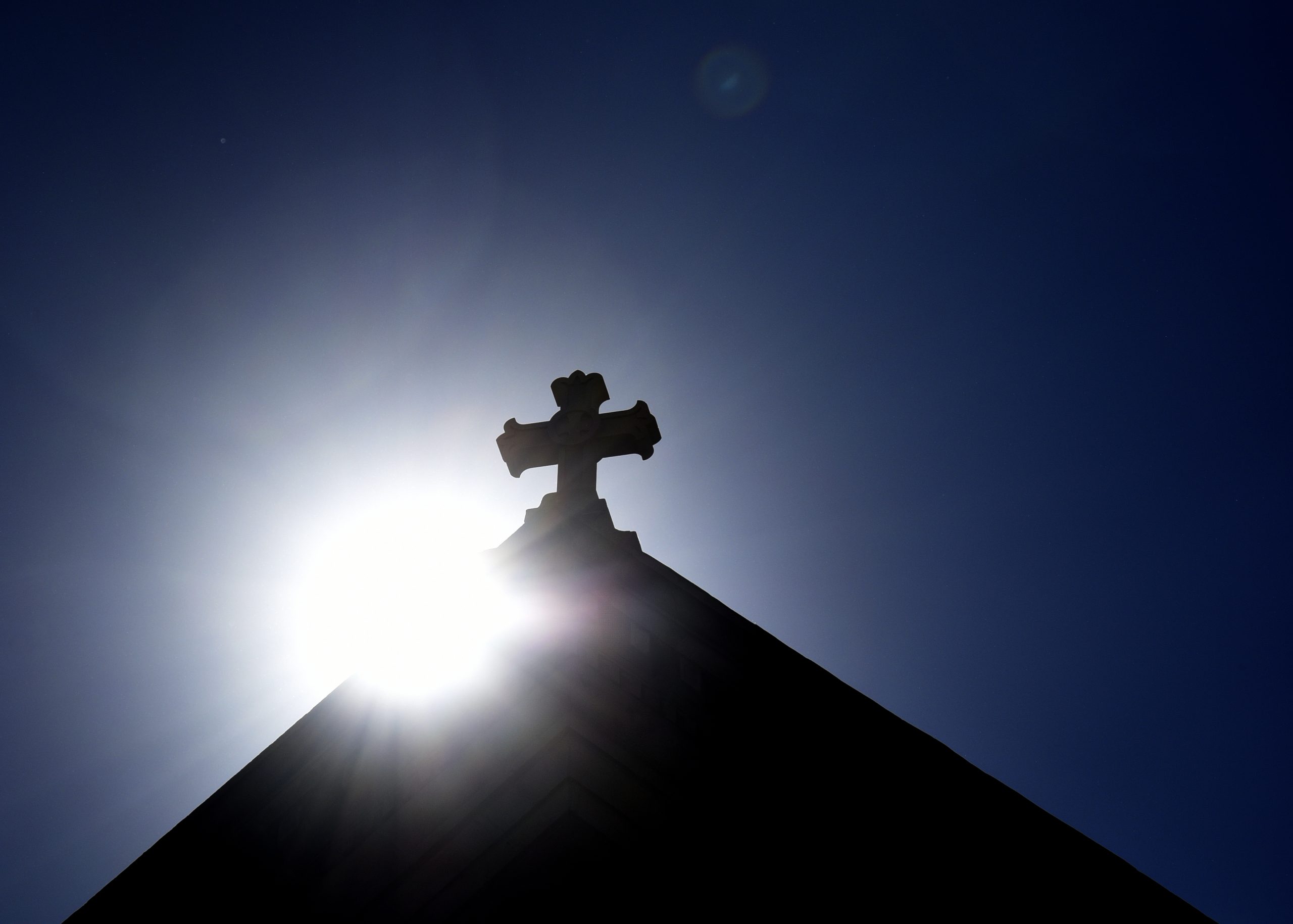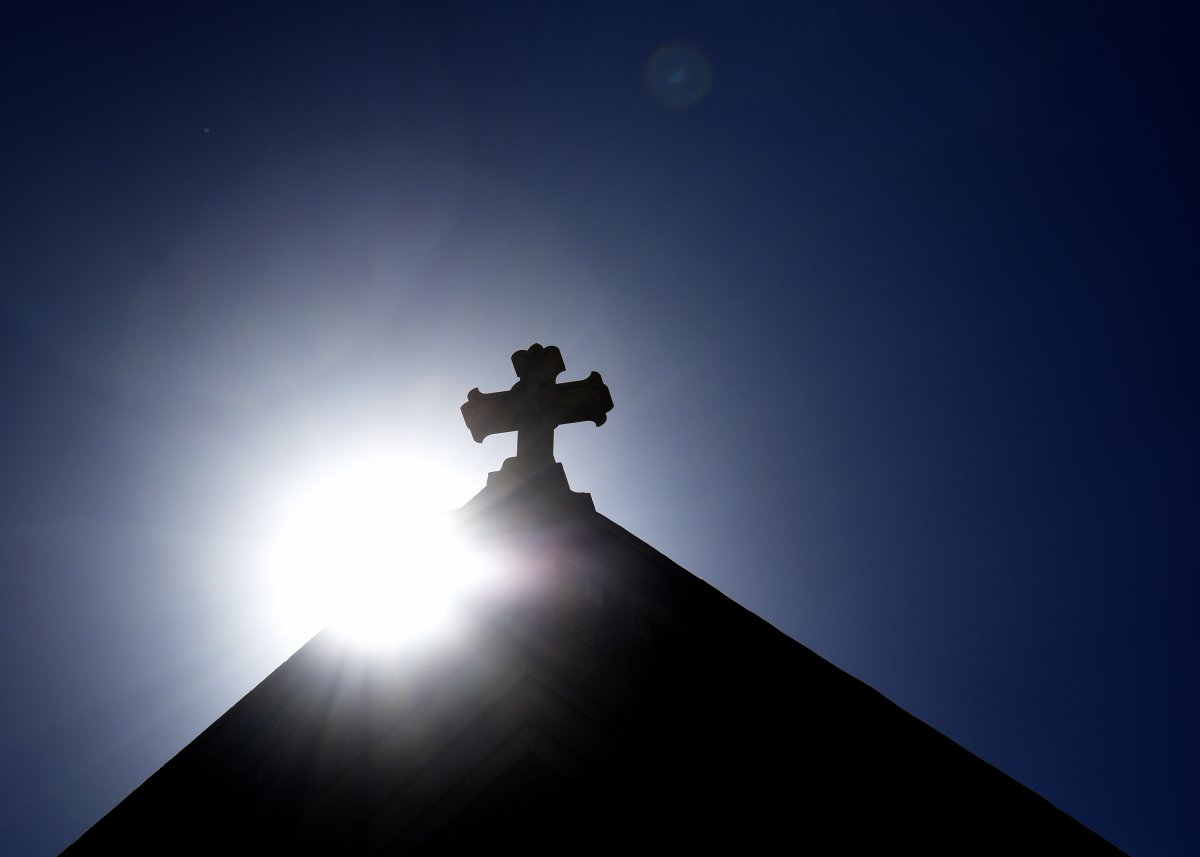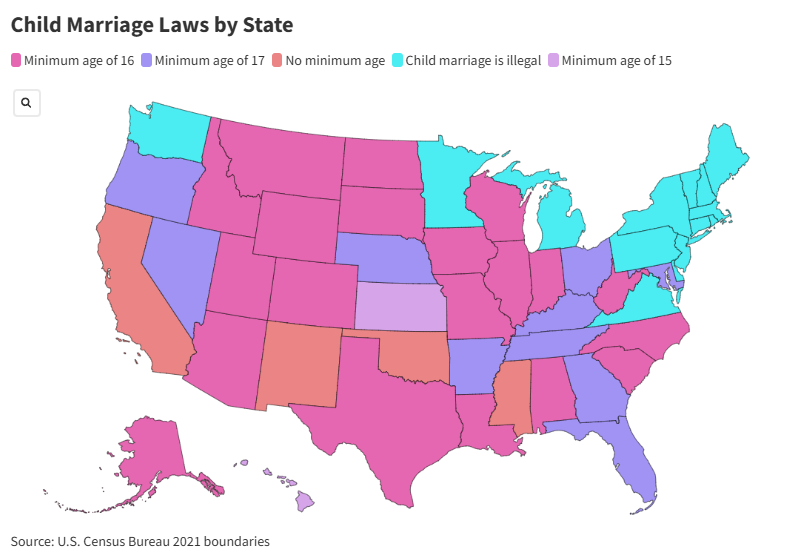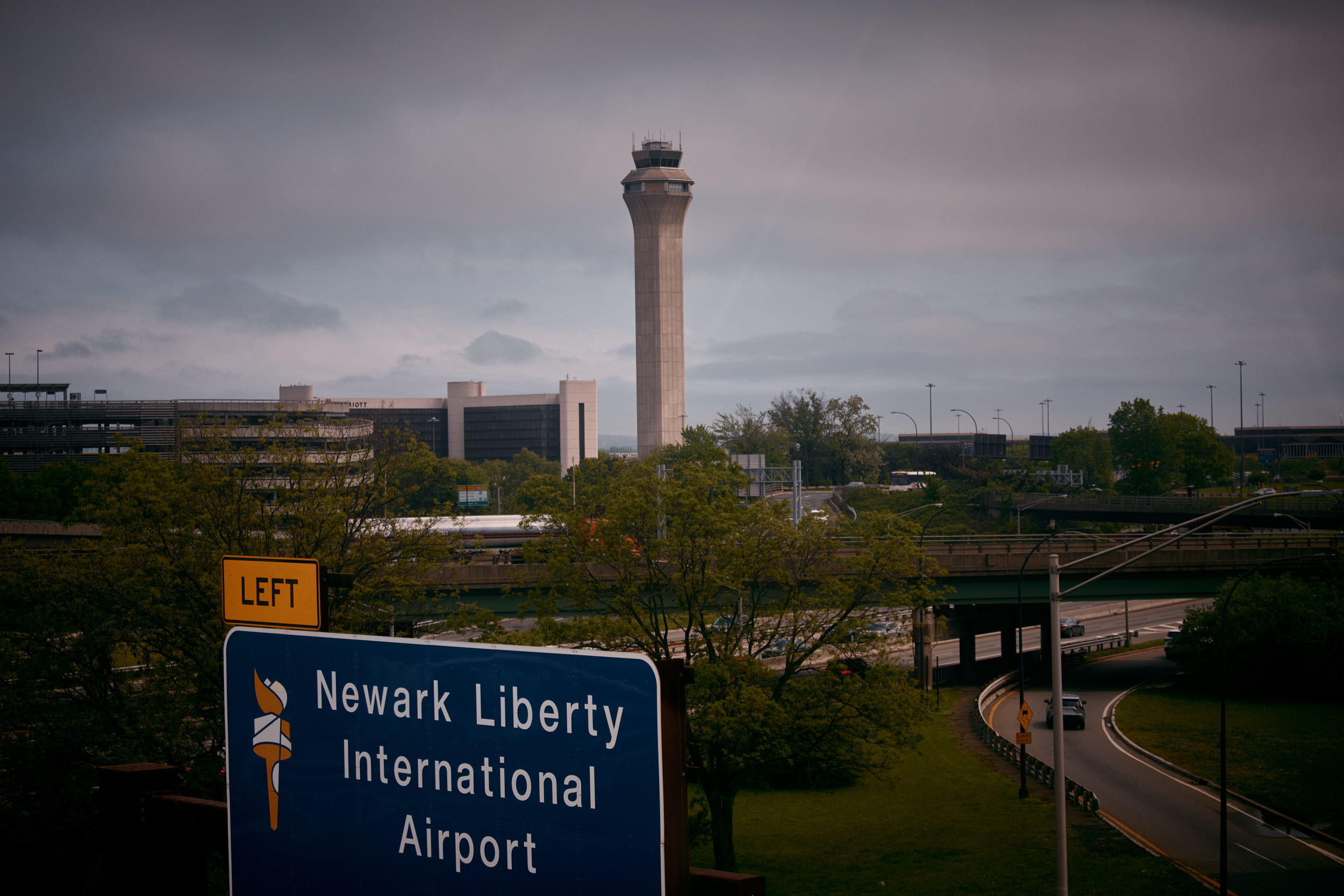
Over 11,000 people have signed a petition by the Christian group Faithful America opposing Immigration and Customs Enforcement (ICE) enforcement operations in churches.
“Our churches are sacred spaces where all people should be able to gather, worship, and care for one another without government intrusion or the threat of deportation,” Faithful America said in a statement.
Why It Matters
The Department of Homeland Security released a memo that reversed the Biden administration’s policy of prohibiting ICE agents from operating in or near places of worship, schools, hospitals, and other “sensitive locations.”
A DHS spokesperson said that “criminals will no longer be able to hide in America’s schools and churches to avoid arrest.”
Churches in the U.S. play a key role in supporting migrants by offering resources, aid, and assistance. They often act as temporary shelters, especially for newcomers or those passing through. Many provide designated areas for rest and recovery while also operating food banks, distributing clothing, and supplying other essentials to help migrants address their immediate needs.

Robert Alexander/Getty Images
What To Know
Faithful America said allowing immigration enforcement operations inside churches is “a clear infringement on our religious freedom.”
The petition comes after a coalition of faith leaders filed a federal lawsuit against the Trump administration over the policy that allows ICE agents greater powers to conduct arrests in places of worship.
Twenty-eight Christian and Jewish organizations, collectively representing millions of Americans, including the Episcopal Church, the Union for Reform Judaism, the Mennonites, and Unitarian Universalists, filed a lawsuit on Tuesday.
It alleges the policy is creating fear of immigration raids, discouraging attendance at worship services, and essential church programs. The suit argues this interference infringes on religious freedom by restricting the groups’ ability to provide spiritual support and assistance to migrants, including those without legal status in the U.S.
It comes after Pope Francis condemned the Trump administration’s sweeping deportation policies Tuesday, warning that expelling migrants solely on the basis of their undocumented status strips them of their dignity and “will end badly.”
One pastor broadly supportive of the policy shift, who requested anonymity to speak freely, told Newsweek in January about discussions with the then-incoming Trump administration. “The incoming administration’s policy on sensitive locations like churches, schools, and hospitals is focused exclusively on those involved in criminal activity,” he said.
“We’re talking about gang members, rapists, murderers, pedophiles—people who are causing real harm.”
John Fabbricatore, a retired ICE field office director in Colorado, told Newsweek that the policy change does not specifically aim to increase operations in schools and churches but rather to remove restrictions on ICE’s ability to operate in neighborhoods around sensitive locations.
“They didn’t get rid of it so they could go into schools and churches. They got rid of it so they could actually go into just a regular neighborhood,” he said.
Tom Decker, a former ICE New York field office director, told Newsweek, “I think that policy was made up just to appease some groups.
“Because it wasn’t like we were going in churches, going to the hospitals, and going to places after people. That wouldn’t be a priority place to go to pick somebody up, to go arrest somebody.”
Last month, ICE officers arrested a man outside a church in Georgia while his family attended the service inside.
Kenia Colindres told Channel 2 that her husband, Wilson Rogelio Velasquez Cruz, was taken into custody during a service at Iglesia Fuente de Vida in Tucker.
According to Colindres, she, her husband, and their three children were in the church when he received a call during the service but chose not to answer. Moments later, his immigration GPS ankle monitor began to alarm.
Concerned about the disruption, she suggested he step outside to check it. As soon as he did, ICE officers were waiting and immediately took him into custody, WSBTV reported.
How the Church Policy Changed
The ICE policy requiring agents to obtain prior approval before making arrests in sensitive locations was introduced in 2011 through a memo issued by then-director John Morton. The policy remained in effect during the first Trump administration and continued through the Biden administration.
Under that policy, ICE agents are allowed to enter sensitive locations, including churches, schools, and hospitals, to make arrests under certain conditions, such as responding to national security or terrorism threats, apprehending dangerous felons, preventing imminent risks of death or physical harm to individuals or property, or protecting evidence in a criminal investigation from being destroyed.
Agents must obtain approval from their superiors before making an arrest in a location deemed sensitive.
What People Are Saying
Myal Greene, president & CEO of World Relief, told Newsweek: “Religious liberty, the right to live out one’s faith without governmental interference or persecution, is vital for Americans and beyond. Our federal government should respect this core principle, both by avoiding immigration policy changes that scare families away from church services and by sustaining the U.S. refugee resettlement program, a longstanding legal process designed to offer safety and protection to those who have fled persecution on account of their faith in other countries.”
Ben Marsh, who leads First Alliance Church in Winston-Salem, North Carolina, told Newsweek: “Very very few churches actually house migrants of any kind, In part because churches are terrible places to live. I don’t know is we can render judgment on how this will work out until we see it at play and then at that point decide if what they’re doing is moral or not in the face of the need of the humans at question.”
Acting Secretary of Homeland Security Benjamine Huffman said in a statement: “This action empowers the brave men and women in CBP [Customs and Border Protection] and ICE to enforce our immigration laws and catch criminal aliens—including murders and rapists—who have illegally come into our country. Criminals will no longer be able to hide in America’s schools and churches to avoid arrest. The Trump Administration will not tie the hands of our brave law enforcement and instead trusts them to use common sense.”
What Happens Next
The legal battle over ICE enforcement in churches is expected to continue, with faith-based groups and civil rights organizations pushing back against the policy change.
The Trump administration, through the Department of Homeland Security, has defended the policy change, stating that it is necessary to target individuals who are engaged in criminal activity and are evading arrest by hiding in places of worship and other sensitive locations.
It remains to be seen how this all will play out in the courtrooms and church halls.





